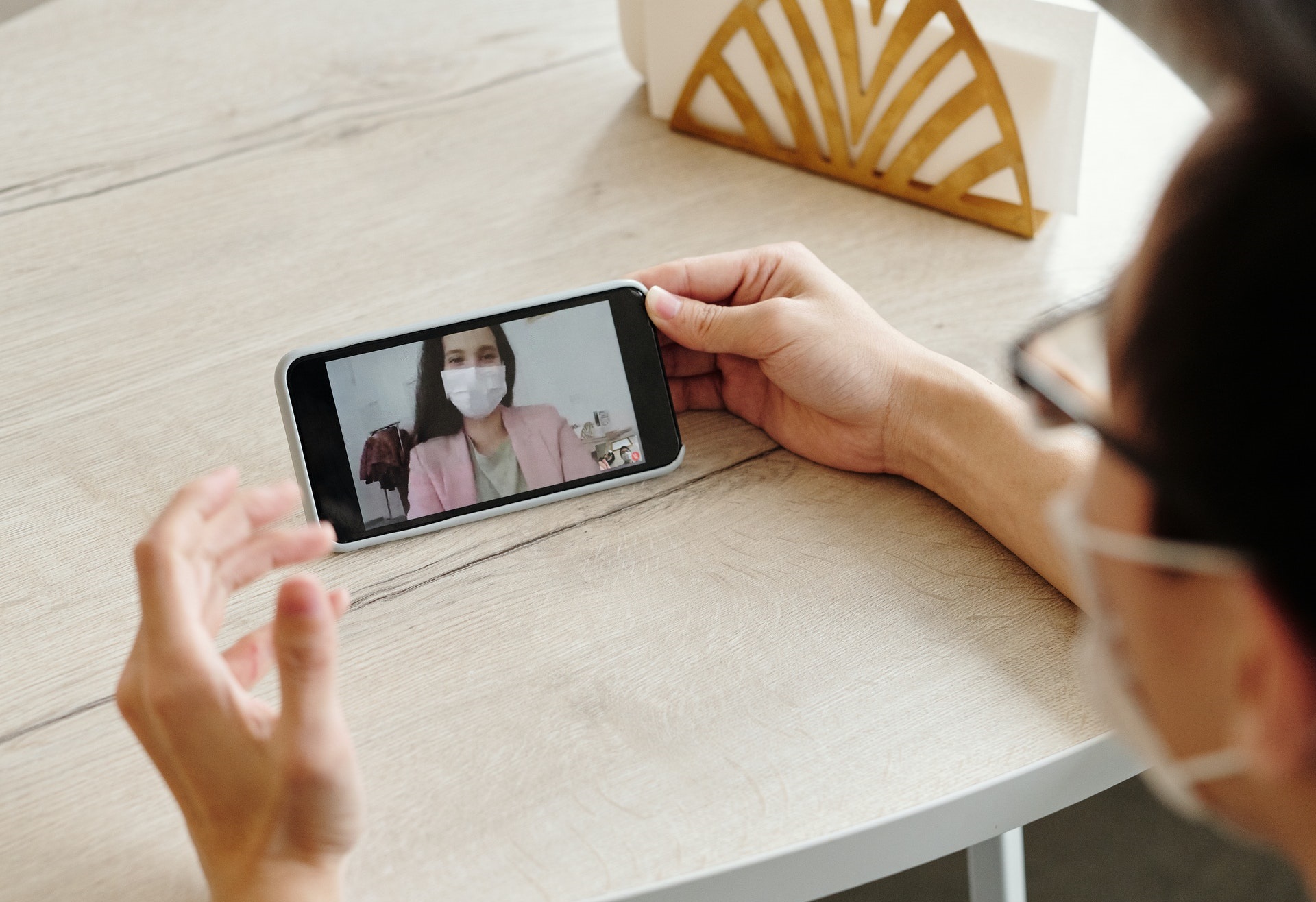Telehealth had already been gaining a foothold in medicine for its availability of services. But the necessity of telehealth, and popularity, exploded once daily life ground to a halt amid COVID-19 guidelines and regulations. Companies like Talkspace were seeing a big influx of new users.
Untapped Need for Assistance
Today in the United States there are millions of adults and children who live with mental illness. Unfortunately, fewer than half of those can obtain the support they need in order to have the best quality of life.
As COVID-19 continued to impact the everyday lives of Americans across all economic and demographic sectors, health issues such as psychiatric concerns, became challenging to address in a meaningful way. Previously, policymakers, as well as insurers, limited the engagement of telehealth services for those who had mental health issues. For its part, the federal government had not yet moved forward with implementing incentives. Most states, too, were slow in passing the type of legislation that could expand the reach of telehealth.
COVID-19 Changed Everything
Almost overnight, COVID-19 and the fight to limit its spread changed everything — including the stance of those who were previously reluctant to fully embrace telehealth as a method of delivering high-quality mental health services. Several states, such as Texas and Arizona, moved quickly to open reimbursement options for behavioral health services spanning case management, psychotherapy and more to ensure that patients had access to continuous care in the age of the pandemic.
Texas governor Greg Abbott directed the state’s Department of Insurance to process reimbursements for behavioral health services such as managed care organizations, psychotherapy and case management. He also waived specific regulations so Texans could more easily access the mental health services they need during this stressful and unprecedented crisis.
Governor Doug Ducey of Arizona signed an executive order on March 25. It directed health insurance companies to cover a healthcare service administered through telemedicine if that same service would also be covered during an in-person visit. Of note is the fact that most mental health care providers were included in the coverage guidelines. This was a treatment option that many insurance providers did not provide previously.
Several states, among them New Jersey, Vermont, Maryland and Washington, have either introduced legislation that eases the requirements allowing out of state medical professionals to deliver telehealth services. Washington, for example, loosening regulations so volunteer doctors from out of state can treat patients if they are legally able to practice elsewhere.
Private Pay Therapy Growth
Over the past several years, the use of non-hospital-based telehealth jumped 1,393 percent from 2014 to 2018. Indeed, telehealth therapy applications like Talkspace, have seen interest in their services expand significantly. As a result, Talkspace has more than 1.5 million users and has experienced growth of nearly $110 since its founding in 2012.
While the popularity of such telehealth options before COVID-19 was evident as demonstrated by Talkspace’s strong growth, the presence of the pandemic has made it a requirement. Even though nearly all states have issued stay-at-home orders to flatten the curve of new cases, those who struggle with mental health issues don’t see their need for support diminishing.
Even though the policy adjustments made by governors are in response to the COVID-19 crisis, their implications are long term. At this point, the change in the future of telehealth is inevitable.
The issues that those previously opposed to expanding telehealth lamented, such as the mistaken assumption that not having care delivered in person reduces its quality, have proven to be false. The protection of the status quo cannot limit the widespread implementation of telehealth options, such as Talkspace, for those who live with mental health issues.
Versatile Telehealth Meets Many People Where They Are
Telehealth itself encompasses many different delivery methods. In these times of social distancing, there is primarily a focus on live video conferencing and messaging as methods of communicating, connecting and building a patient-provider relationship.
Talkspace, for example, matches participants with the same therapist so the two of them can build a relationship based on trust and continuity. It’s up to the patient when and how often they message their therapist. While a therapist typically responds once or twice each day, there is also the option to schedule a video chat as well as sending audio and video messages.
What Does the Future Hold?
The COVID-19 crisis left states and the federal government scrambling to address a myriad of essential needs. However, the piecemeal efforts of the states as they attempted to meet the mental health issues of their residents demonstrate the need for comprehensive telehealth standards across the nation.
In addition to being able to see a mental health expert regardless of where they live in the United States, patients should be able to continue to receive care from their own homes. Not only does doing so reduce the spread of the novel coronavirus, but it also provides the ability for those with limited resources to have access to the same level of care.
While some tools used for remote communications have been questioned for their lack of privacy controls, as a medical services provider, Talkspace already has the safeguards in place that are necessary to protect patient privacy. Whether a patient uses their smartphone, tablet or laptop, the banking-grade encryption used by Talkspace keeps every interaction private, safe and confidential.
Telehealth providers like Talkspace will continue to lead the way in the development of medical support across the board. With innovative and creative solutions, critical mental health services can continue to be delivered to those who need them long after COVID-19 has passed.


